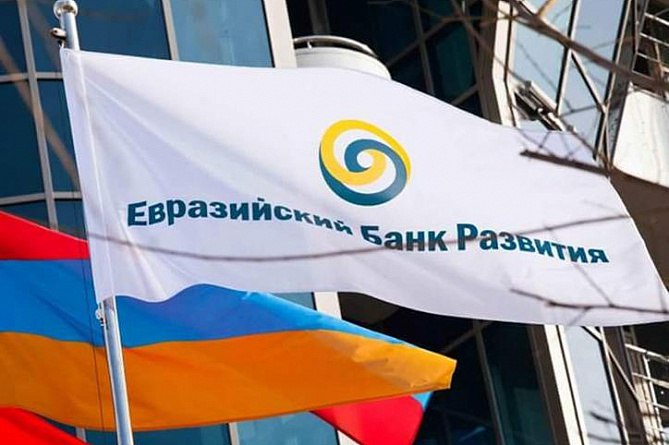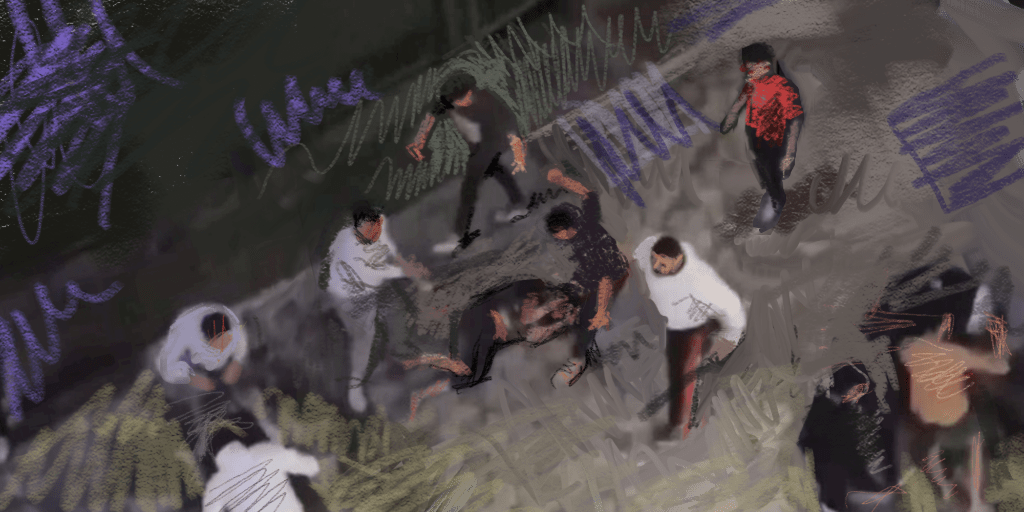On June 11th, eight natives of Tajikistan were detained in the United States suspected of attempting to organize terrorist attacks and belonging to ISIS. Previously, citizens of Tajikistan were arrested in Russia, accused of participating in the attack on the Crocus City Hall near Moscow. In just the past few years, natives of Central Asian states have been involved in ten attempted terrorist attacks. Zamir Karazhanov, a Kazakhstani political scientist and director of the Kemel Arna Public Foundation, believes that the deteriorating economic situation in the country is behind such radicalization.
As reported by TCA, eight citizens of Tajikistan taken into custody in Los Angeles, New York, and Philadelphia are suspected of having links to the terrorist group, ISIS. The detentions were made by U.S. Immigration and Customs Enforcement (ICE) in close coordination with the FBI’s Joint Terrorism Task Force. Initially, it was stated that those arrested were Russian citizens of Tajik origin, but now their nationality has now been clarified. Citing sources from law enforcement agencies, media in the U.S. has reported that officially the migrants were held in connection with the violation of immigration laws. At the same time, they have not yet been charged with making preparations for a terrorist attack. According to sources, FBI agents have been following those detained for several months, and audio picked up by a bug allegedly has one of the suspects talking “about bombs.”
Several days have now elapsed, but the U.S. authorities are still to release an official comment. The authorities in Tajikistan, meanwhile, are glossing over the incident. However, a Radio Ozodi source in New York said that the detentions of citizens from Central Asian countries began two months ago, since when 20 people have been detained, including 16 natives of Tajikistan, though “some of them were later released,” the source stated.
According to the political scientist and Russia expert, Malek Dudakov, 50,000 Central Asians illegally entered the U.S. in 2023 alone: 17,000 from Uzbekistan, 7,000 from Kyrgyzstan, and 3,000 from Tajikistan. “Republicans blame Biden for artificially creating an explosive situation inside the United States, which could lead to a wave of terrorist attacks. And U.S. law enforcers fear that the U.S. may also expect an October 7th scenario in Israel with simultaneous attacks by Islamists in different cities,” he wrote on the Telegram.
Following the terrorist attack on the Crocus City Hall, several countries, including Russia and Turkey, have tightened their migration policies toward people from Tajikistan.
Kazakhstani political scientist, Zamir Karazhanov, told The Times of Central Asia that terrorist movements are influencing Tajik citizens because of the dire economic situation in the country. “During the 1990s and the civil war, a severe Islamicization of society began. Families were Islamiziced, and the economic factor, poverty, was superimposed on this. Similar processes were observed in all Central Asian countries, where religious young people began to come into contact with various radical extremist organizations. They are then processed and brainwashed into believing that everything they do is for the good of the faith. It is necessary to take such actions and be taught to see secular regimes as the enemies of Islam. Religious feelings and material demands are exploited, and destructive organizations provide the funding,” said Karazhanov, adding that the entire country should not be blamed or its citizens persecuted because of the activities of a few individuals.
“Tajikistan itself is fighting extremism and terrorism, and is a victim of these phenomena,” Karazhanov told TCA. “The authorities cannot be blamed for anything in this regard, much less condoning the actions of terrorists. Such regimes have been and still are, but this does not apply to Tajikistan. I was in the country recently, and I can assure you that law enforcement agencies are actively working in this direction. On the contrary, it is necessary to help Tajikistan cope with this threat and provide material, personnel, and technical support,” the political scientist explained, adding that it is both illegal and unfair to persecute migrants in general.
One of the most remittance-based countries in the world, according to the World Bank, in 2022 remittances made by migrants – largely from Russia – accounted for 51% of the Tajikistan’s GDP, and in the wake of the Crocus City Hall attack and rising xenophobia in Russia, many of these migrants are returning home. Meanwhile, as of 2023, Tajikistan had the lowest average wage of all CIS countries, just $183 a month – almost half that of second-lowest Turkmenistan and Uzbekistan.








